Minister of External Affairs Sushma Swaraj gave a strong message to China in the Parliament on Thursday stating that ‘India is well equipped to defend itself against China’.
This is the first time India appeared firm in its stand vis-à-vis China, unlike in the past when it always conceded.
“Saare desh humare saath hain aur sabhi desh samajh rahe hain ki Bharat ne jo apna mat rakha hai woh galat nahi hai (All the nations are with us and all of them are agreeing that the stand India has adopted is not wrong),” Swaraj said in the Rajya Sabha on Thursday.
Despite not being an ally to any super power, the confidence that the external affairs minister showed on Thursday compels one to think whether Narendra Modi’s diplomatic initiatives on the world stage, soon after he became the prime minister, are beginning to pay off.
Is India comfortable in the knowledge that global powers will support its stand as Swaraj said on Thursday?
In the 1970s, India had an alliance with the Soviet Union, but since then it has maintained an independent status unlike Pakistan, which has allied with China.
“Despite being independent (and) without any ally at present, India is strong enough to tackle the situation on its own. It has been possible due to the diplomatic engagements that Modi had (undertaken) in the last three years. He has been successful in positioning himself among the top four global leaders, with the other three being Donald Trump, Xi Jinping and Vladimir Putin,” observed MD Nalapat, a political analyst and professor of geopolitics at Manipal University.
“This status of Modi automatically puts India among the ‘Big Four’. In the past, only former prime minister Jawaharlal Nehru achieved this status,” he said.
Probably, it’s this confidence that ensured India to take a strong decision and deploy its military , and as a result, Indian troops stopped Chinese soldiers from building the road in the Doka La area.
On the issue of the Sikkim stand-off, Swaraj added, “China has unilaterally tried to change the status quo at the tri-junction and that is a threat to our security. We are willing to talk but both sides should take back their armies to the original position. We are involved in a tri-junction this time and it’s directly related to us. If China changes it by constructing the road up to that point, it is a threat to our security. All countries are supporting us on this issue.”
The tri-junction is a shared border between India, China and Bhutan and a status quo has been maintained under an agreement on activities like construction of road, etc, at this point.
“If China completes construction of this road, it’ll be a grave security threat for India. In the past, India conceded in the case of China. But this time, despite informal pressure from other countries, Modi has stood firm on this border issue. In the past, it was only Indira Gandhi, who took a strong stand in the case of Bangladesh, and now it’s Modi,” Nalapat added.
On the strategy that India needs to adopt on India-China border dispute, defence analyst Brigadier (retired) Narender Kumar said, “When national interest is under threat, bold application of military power is must. And it’s better to have capability-based force. China doesn’t respect global opinion. It only respects its own interest. As India failed to develop leverages since long, we’ve to adopt a pragmatic approach and develop leverages to increase our own sphere of influence at regional and global levels.”
“The options for India at this stage is either to take the threat from China as a challenge and develop capabilities or succumb to the coercion and allow China to encroach upon India’s strategic space. Therefore, wisdom will be in building indigenous capabilities and developing a hedging strategy resolute enough to deal with the exterior manoeuvre of China and Pakistan collectively. This time the government has been successful in taking a strong stand at the border,” he added.


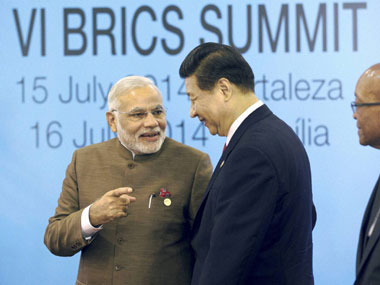)




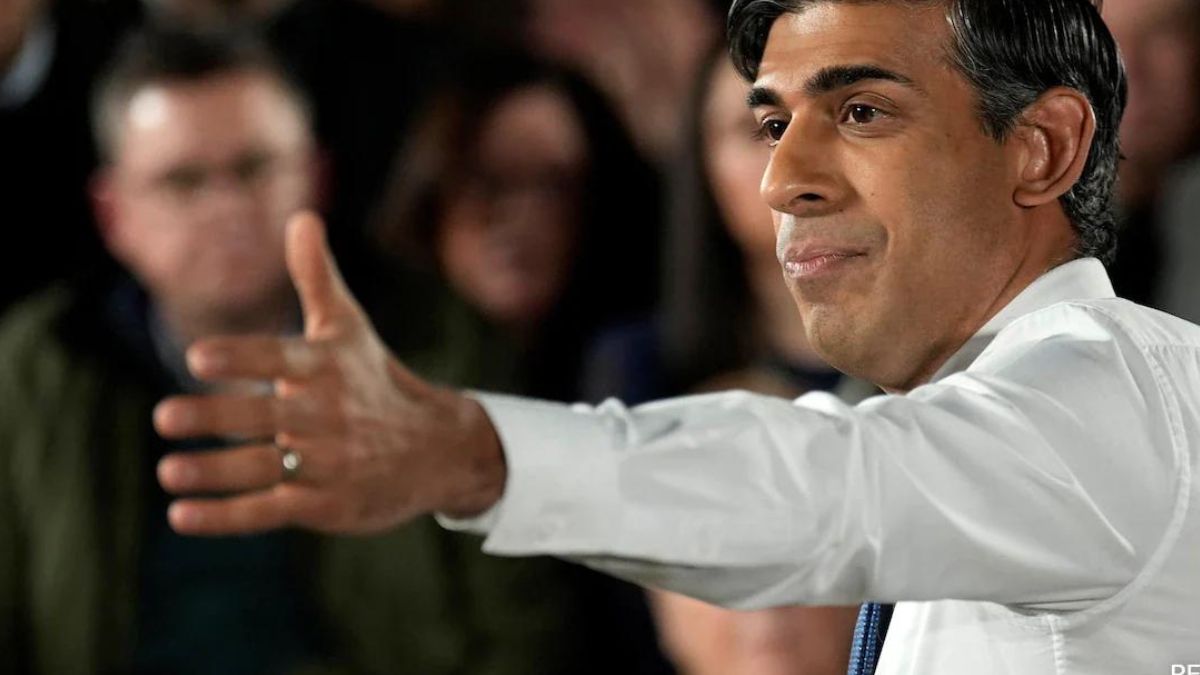)
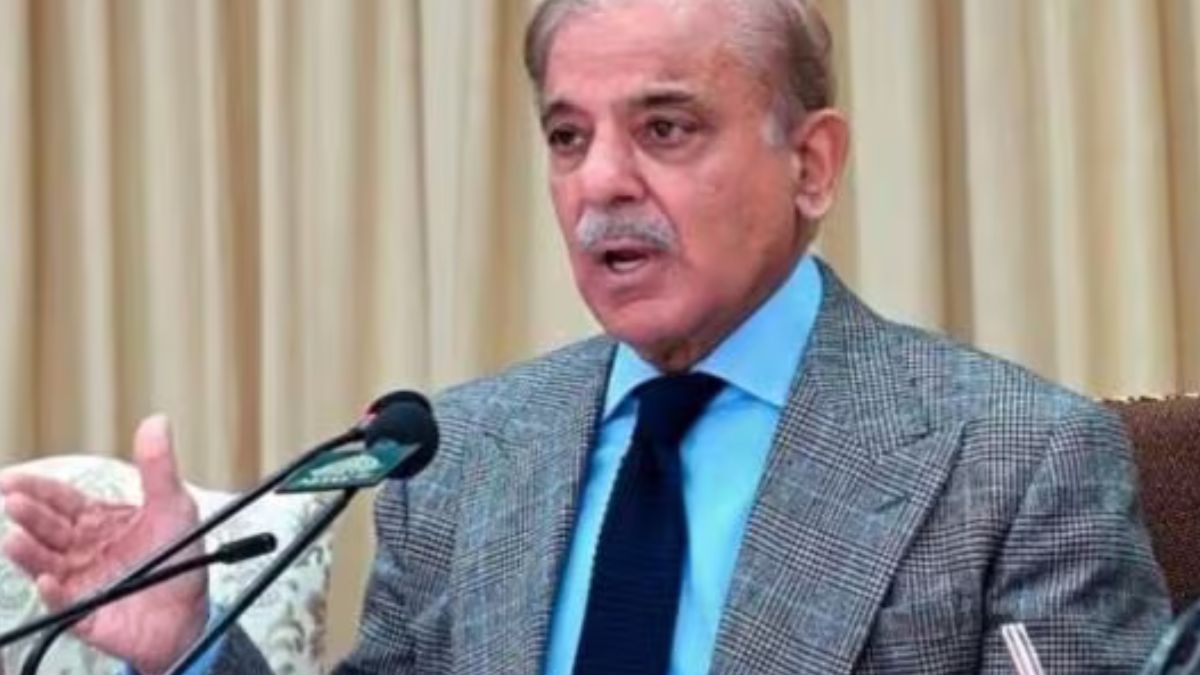)
)
)
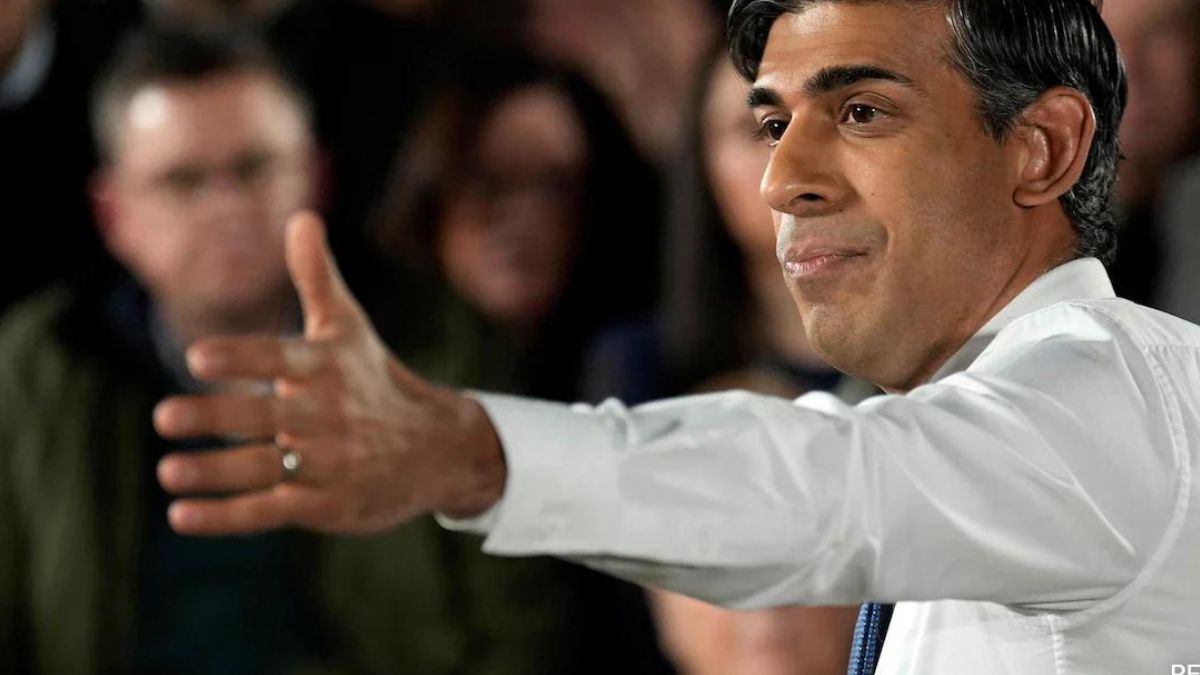)
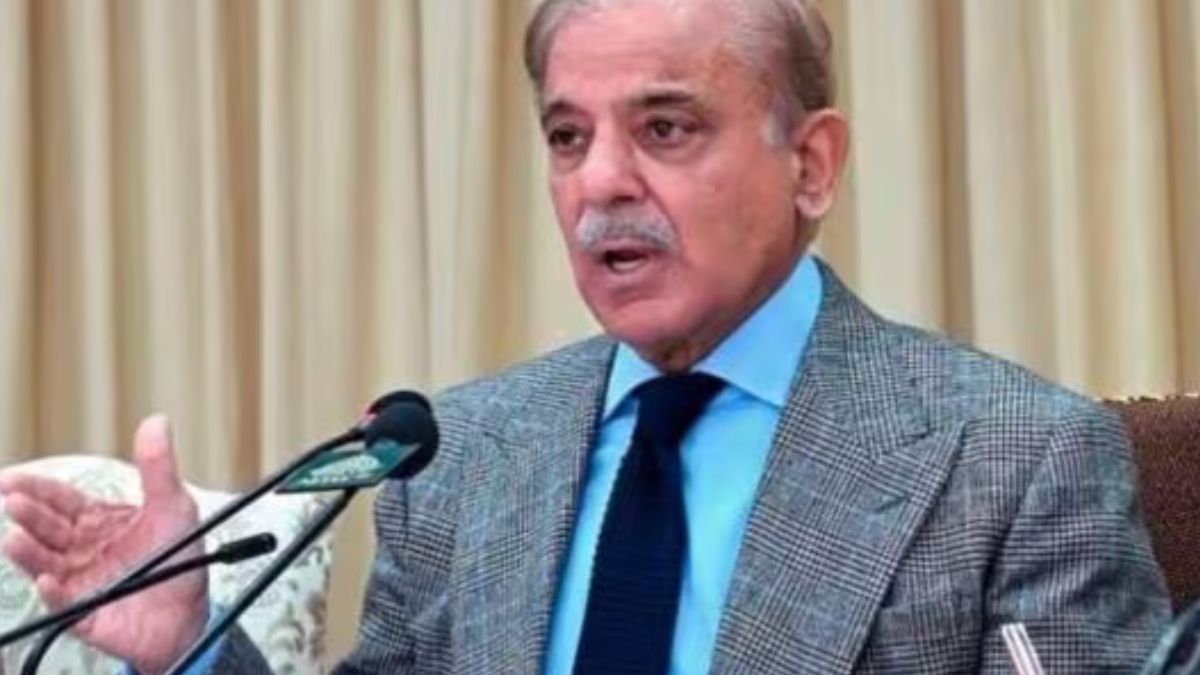)
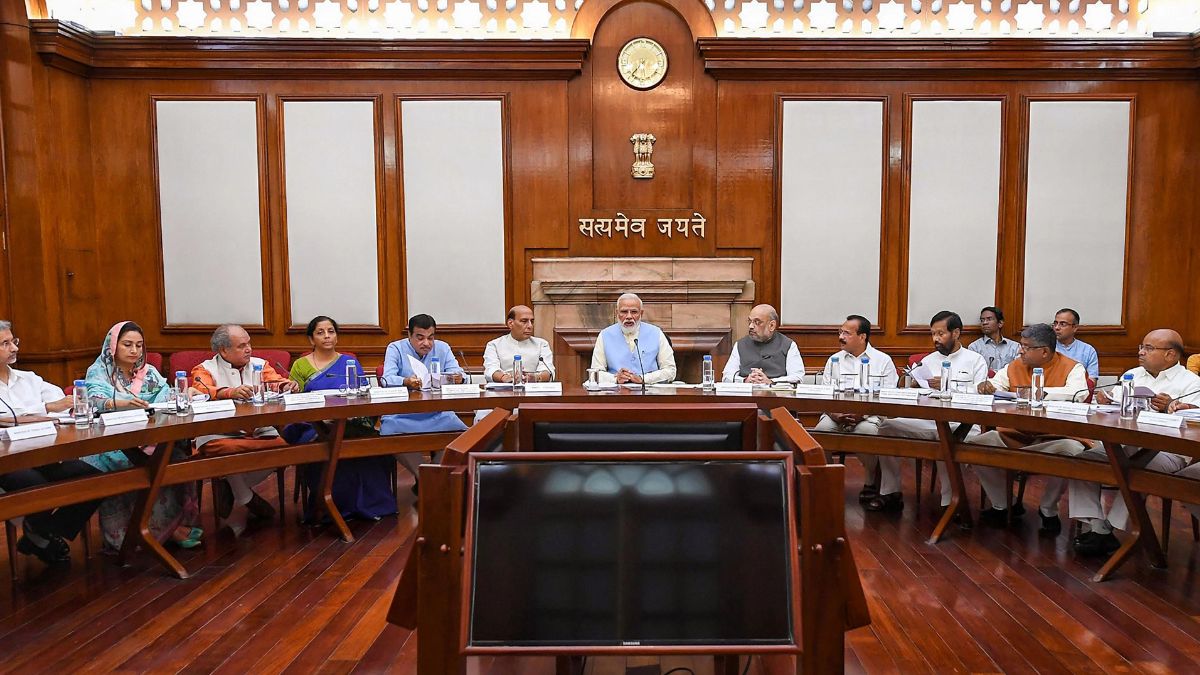)
)